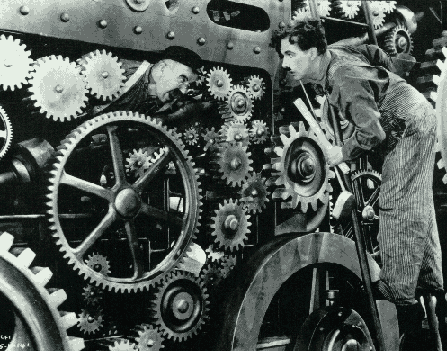| School | Troops | Resources |
The New Institutionalist Schools

The "New Institutionalist Schools" to refer to the collection of schools of thought that seek to explain political, historical, economic and social institutions such as government, law, markets, firms, social conventions, the family, etc. in terms of Neoclassical economic theory. New Institutionalist schools can be thought of as the outcome of the Chicago School's "economic imperialism" -- i.e. using Neoclassical economics to explain areas of human society normally considered outside them. In this sense, New Institutionalism can been seen as the precise opposite of the old American Institutionalist school, which sought to apply the reasoning of the other social sciences into economics.
Although the term "New Institutionalism" is usually reserved for the work of Ronald Coase, Armen Alchian, Harold Desmsetz and Oliver Williamson,and others on the transactions costs and the property rights paradigm, it can nonetheless be meaningfully stretched to embrace "economic" theories of the non-market social relationships (e.g. Becker, Mincer), political processes (e.g. the "Public Choice" school of Buchanan and Tullock), jurisprudence and legal processes (i.e. the "Law- and-Economics movement of Posner and Landes) and social and economic history (the "New Economic History" school of Fogel and North).
|
Predecessors
Law and Economics Movement
|
HET
|
|
Resources on New Institutionalism
|
All rights reserved, Gonšalo L. Fonseca
